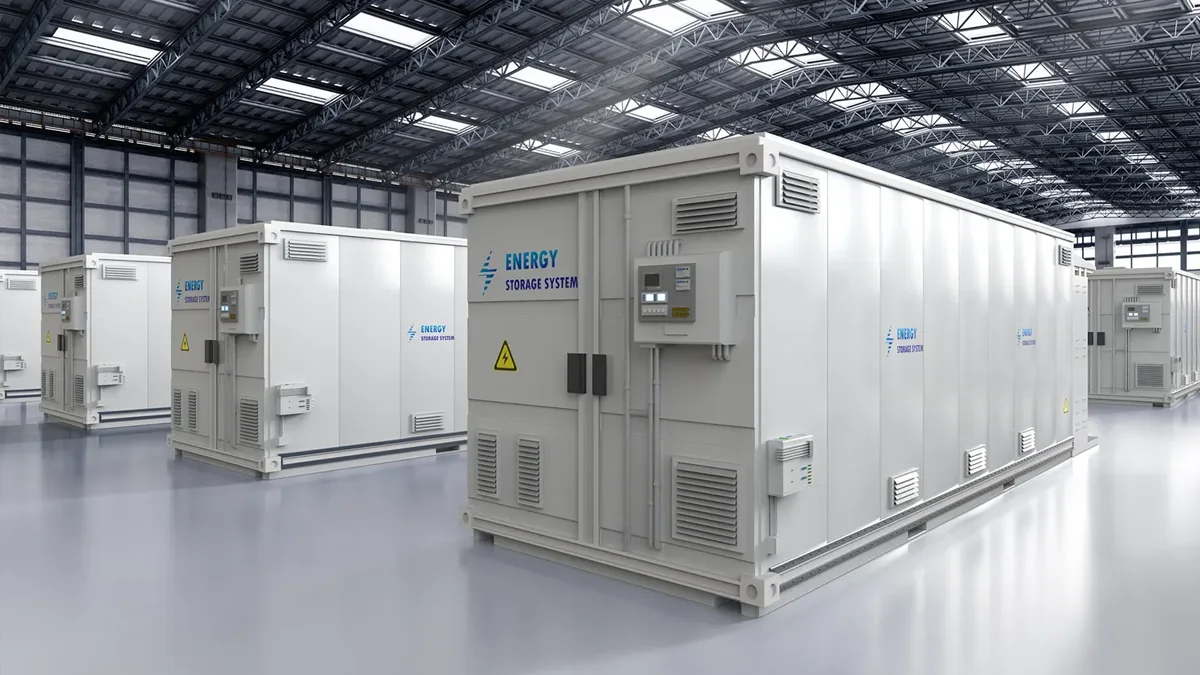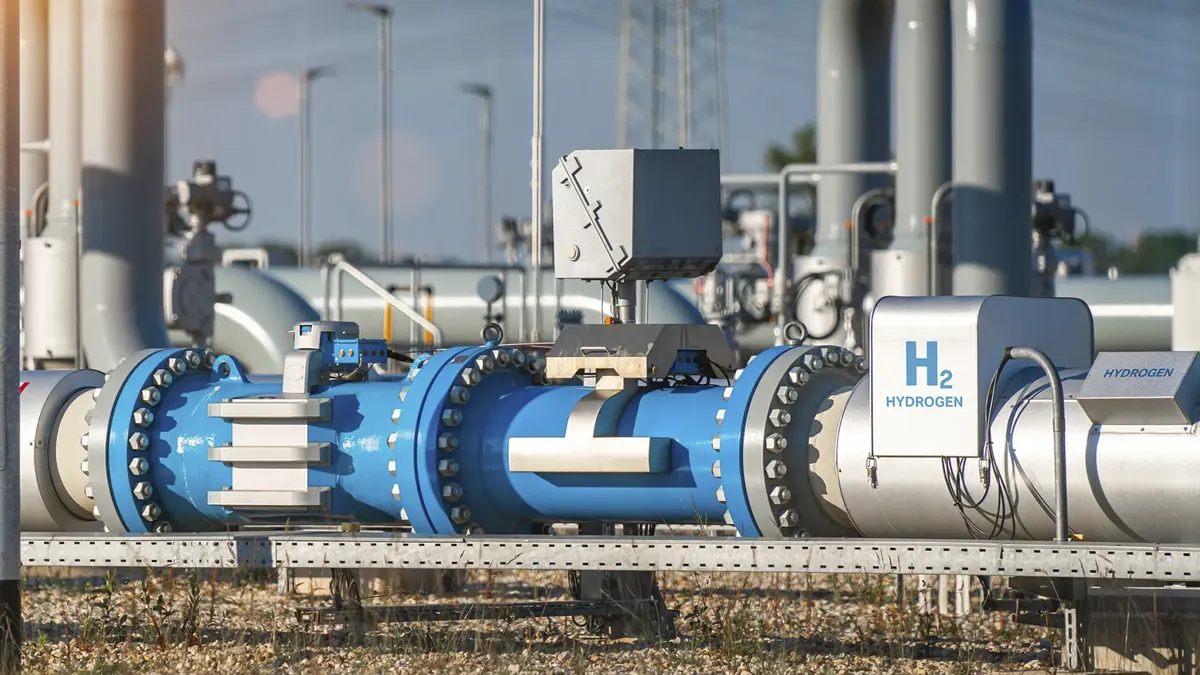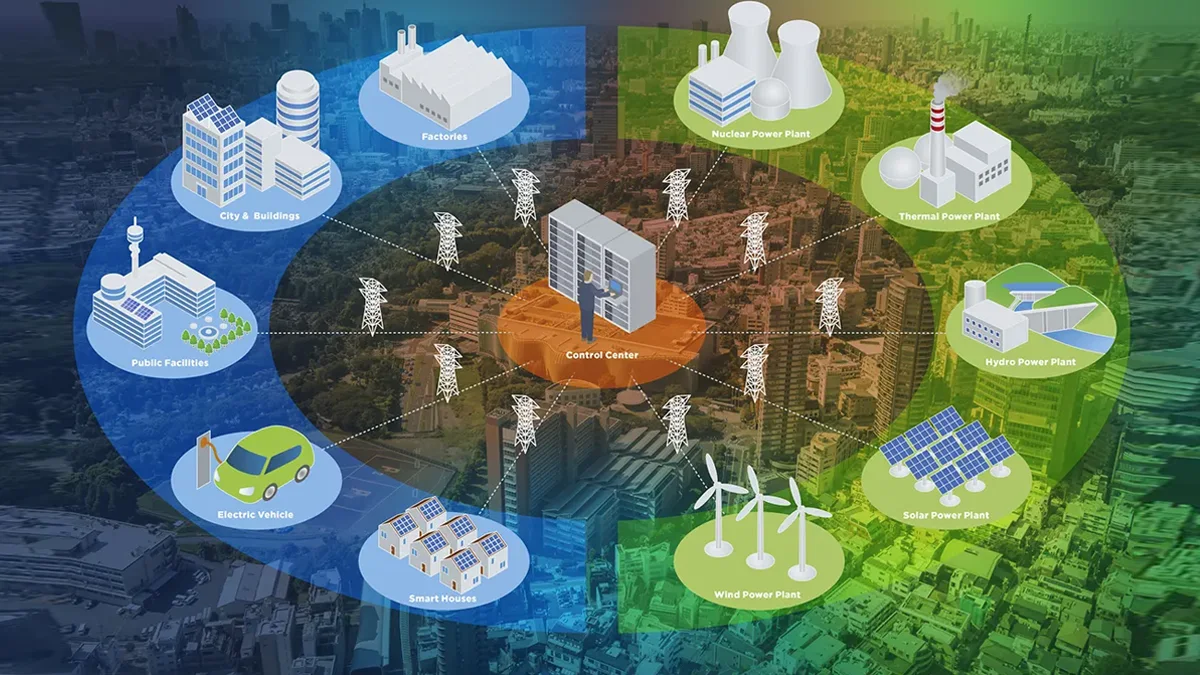Evolving Energy Technologies in the Renewable Energy Industry
The renewable energy industry is constantly evolving. With new technologies emerging and existing ones becoming more efficient and cost-effective. These advances are making renewable energy more accessible and affordable for consumers and businesses, and driving our energy evolution towards a cleaner, more sustainable mix.

Solar Energy
Solar energy has been around for decades, but recent advances in technology have made it more efficient and more affordable than ever before. For example, the development of thin-film solar panels has reduced the amount of material needed to generate the same amount of energy, making solar panels more less expensive and easier to install. Additionally, the use of tracking systems that follow the sun throughout the day have increased the amount of energy that solar panels can generate.
Wind Energy
Wind energy is another well-established renewable energy source that has seen significant technological advances in recent years. The development of larger, more efficient turbines has increased the amount of energy that can be generated by a single turbine, while advances in offshore wind technology have made it possible to generate wind energy in areas where it was previously difficult or impossible to do so.


Energy Storage
One of the biggest challenges facing renewable energy is the intermittent nature of some renewable sources, such as wind and solar energy. Energy storage technologies, such as batteries and pumped hydro storage, are becoming increasingly important in addressing this challenge. Technology advancements have made batteries more efficient and economical, making them a viable option for energy storage in homes and businesses. Meanwhile, pumped hydro storage uses excess energy to pump water uphill, which can later be released to generate electricity when energy demand is high.
Hydrogen Energy
Hydrogen energy is a relatively new renewable energy source that is rapidly evolving. Hydrogen fuel cells, which use hydrogen to generate electricity, are becoming increasingly efficient and more affordable, making them a viable alternative to traditional fuels and battery-operated vehicles in transportation and other industries. It also decreases the amount of mining that would have to be done to develop the number of batteries to meet the future demand for vehicles and energy for homes worldwide. Additionally, the use of ammonia as a hydrogen carrier for transportation is becoming more widespread, offering a safer and more cost-effective option than pure hydrogen.


Smart Grids
Smart grids are another evolving technology in the renewable energy industry. A smart grid uses advanced communication and control technologies to optimize energy generation, distribution, and consumption. This enables utilities to better manage energy demand, integrate renewable energy sources, and reduce energy waste.

Looking Forward
These advances are making renewable energy more accessible and affordable for consumers and businesses, and driving the transition towards a cleaner, more sustainable energy future. As technology continues to evolve, we can expect to see even more exciting developments, jobs, and ideas in the renewable energy industry in the years to come.
